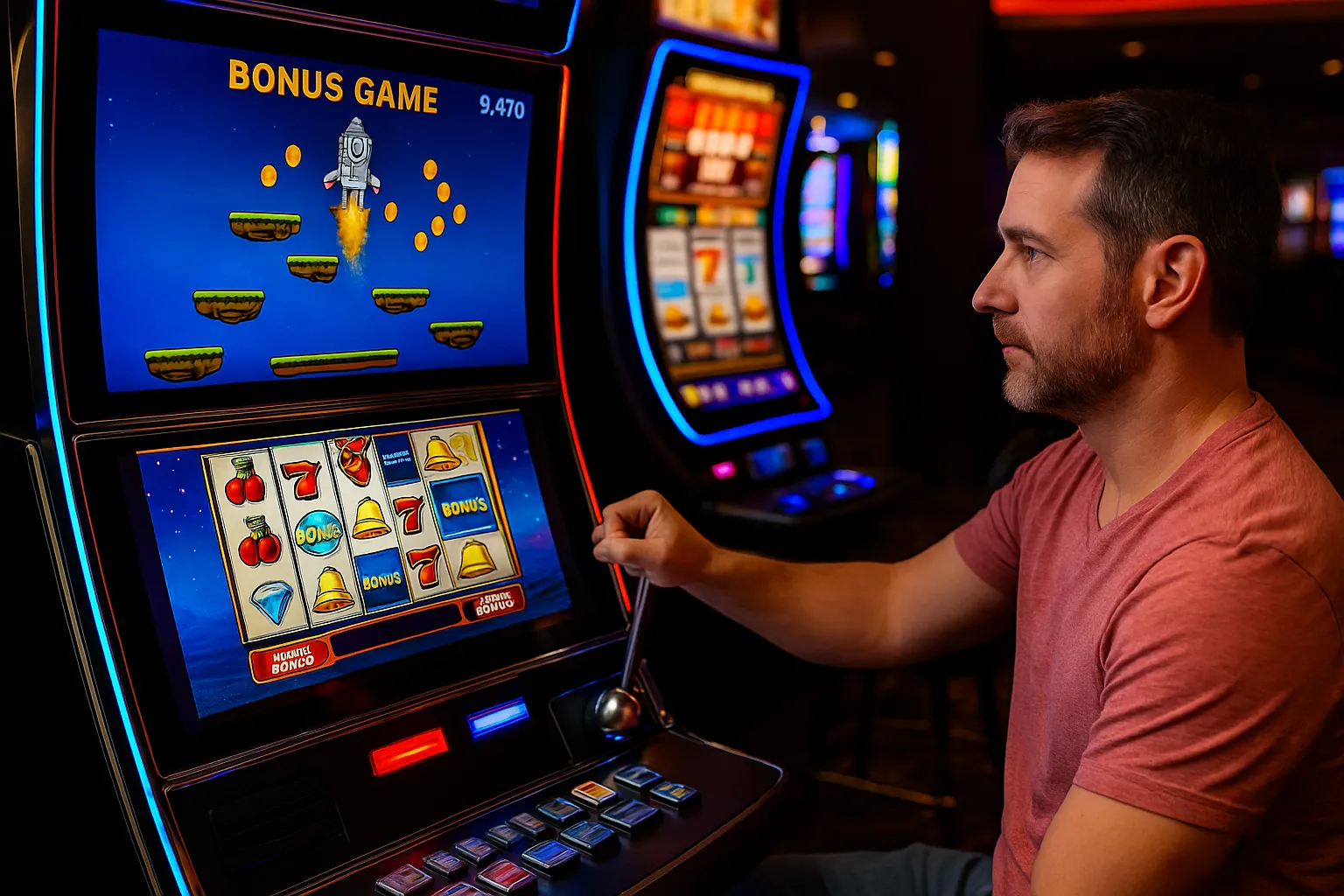The casino industry has always been about evolution. From the early days of mechanical one-armed bandits to today’s flashy, digital video slots, innovation has been central to attracting new generations of players. Now, a fresh wave of change is emerging: skill-based slot machines. Unlike traditional slots, where outcomes are purely random, these games introduce elements of player control and decision-making. The question is whether this shift will revolutionize casino gaming as we know it—or if it will remain a niche experiment in an industry built on chance.
How Skill-Based Slots Differ from Traditional Games
Traditional slot machines operate on Random Number Generators (RNGs), meaning every spin is independent and based solely on chance. Skill-based slots, however, blend elements of video gaming into the experience. Players might engage in mini-games where their performance influences the size of their payout. This could involve aiming at targets, solving puzzles, or navigating arcade-style challenges.
The goal is to appeal to younger, tech-savvy audiences who grew up with video games and find passive reel-spinning less engaging. By merging the excitement of gaming with the allure of winning real money, casinos hope to capture a new demographic that has shown more interest in interactive entertainment than traditional gambling.
Why Skill-Based Slots Are Generating Buzz
The idea of mixing gambling with video game-like mechanics has obvious appeal. It transforms slot play from a purely passive activity into something more engaging. Players feel they have agency, even if chance still plays a role in determining outcomes. Casinos, meanwhile, benefit by extending session times and encouraging repeat visits.
In some ways, the innovation mirrors the rise of online experiences such as crash casino games, where users must balance timing, skill, and nerve to maximize winnings. Both formats appeal to people who want more than just luck—they want challenge, excitement, and interaction. By creating a sense of participation, casinos are responding to the expectations of a generation raised on gaming consoles and esports.
The Psychology Behind Skill and Reward
Psychology plays a big role in why skill-based slots are so intriguing. When people believe their actions can influence outcomes, they are more likely to stay invested. This taps into the concept of “perceived control,” which can be far more motivating than pure randomness. Even if luck still determines the final result, the presence of skill elements makes the experience feel fairer and more rewarding.
Casinos understand this and are carefully designing these games to balance both chance and skill. Too much reliance on skill could alienate traditional gamblers, while too little may feel like a gimmick. The sweet spot lies in offering just enough interaction to make players feel engaged while preserving the unpredictability that makes casino gaming exciting.
The Challenges of Adoption
Despite the hype, skill-based slots face challenges in gaining widespread acceptance. Regulatory hurdles are one major issue. Gambling authorities must decide how to classify and monitor games that combine chance with skill. Unlike RNG-based slots, these games need additional testing to ensure fairness.
Another challenge is appealing to both seasoned gamblers and new audiences. Traditional slot players may prefer the simplicity of pull-and-spin mechanics, while newcomers might see skill-based slots as too similar to video games, questioning whether the rewards justify the effort. Casinos must strike a careful balance in design, marketing, and positioning.
What Casinos Stand to Gain
For casinos, the appeal of skill-based slots lies in diversification. By offering more interactive experiences, they can expand their audience and create new revenue streams. These machines may also encourage social play, as groups of friends are more likely to gather around interactive games than solitary slot reels.
In addition, casinos could potentially extend engagement by offering competitive features such as leaderboards, tournaments, or cooperative challenges. This would bring elements of esports into the gambling world, bridging the gap between two entertainment sectors that already share overlapping audiences.
Will They Redefine Casino Gaming Forever?
The big question is whether skill-based slots will reshape the industry in the same way video slots once did. While they certainly have potential, it’s unlikely they will completely replace traditional machines. Instead, they will complement them, giving casinos a way to appeal to multiple demographics at once.
Much like how table games and slots coexist without competing directly, skill-based games will likely carve out their own niche. Younger players may gravitate toward them, while older generations continue to enjoy classic formats. Over time, however, as gaming culture becomes even more mainstream, skill-based slots could grow into a dominant force.
Final Thoughts
Skill-based slots represent one of the most exciting developments in casino gaming in decades. By blending chance with interactivity, they offer a fresh, modern experience that resonates with gamers and younger audiences. While challenges remain in regulation and adoption, the potential is undeniable.
So, will skill-based slots change casino gaming forever? Perhaps not overnight, but they are certainly redefining the landscape. They introduce a sense of control, challenge, and immersion that aligns perfectly with the entertainment preferences of today’s players. Whether they become the new standard or remain a popular niche, one thing is clear: casinos are no longer just about spinning reels—they’re about blending gaming and gambling into one compelling experience.










